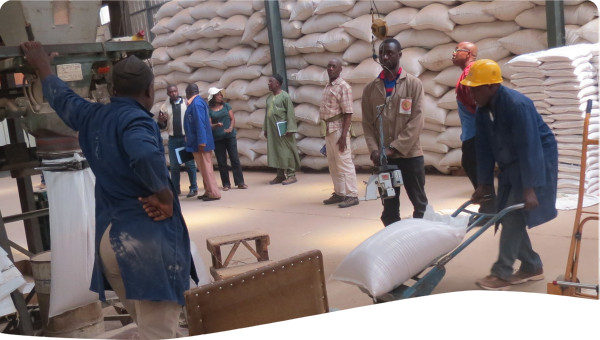Transitions from one socio-technical regime configuration to another entail long phases of institutional complexity, where two or more field logics co-exist in a sector and induce incompatibilities and frictions. This paper presents a dynamic phase model, which characterizes the types of institutional complexity that may build up and settle across various phases of a transition, illustrated with a case study from the diffusion of onsite water reuse in San Francisco. Results from semi-structured expert interviews and a focus group demonstrate that different forms of institutional complexity may follow each other in a transition trajectory and that formidable strategic agency is needed by the actors in a field in navigating prolonged phases of competing cultural demands. Gaining a more balanced perspective of both organizational and field-level reconfigurations may help better explain why transitions succeed in some places and fail in others.
Description / Abstract
Publication year
English
 Resource -
Resource -
